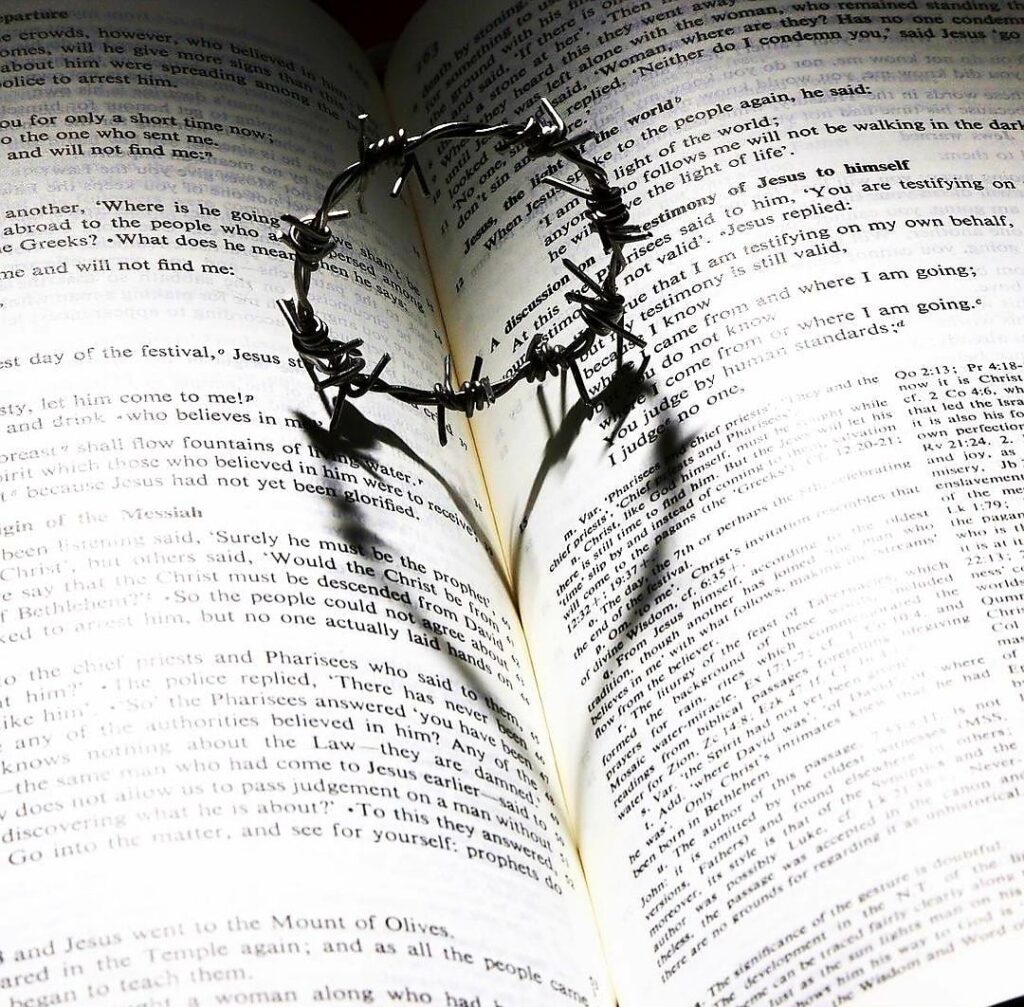DID YOU KNOW: The word for DOVE in Hebrew is yonah,” as in the prophet Jonah . . . who did everything he could to reject God’s calling and yet unwillingly ended up fulfilling it, leading an entire godless city to salvation . . . and then ended up completely miserable over his success.

Why miserable?
Because Nineveh was filled with his enemies, and he knew that if he gave them God’s Word, they would repent, and God would have mercy on them. The word he gave them was this: “Forty days and Nineveh shall be overthrown.” Not a very encouraging message. In fact, there’s no hope in it. It’s a paradox.
If Jonah refuses to give them the prophecy of judgment, then the judgment and the prophecy come true.
- But if he delivers the prophecy of judgment, then Nineveh could repent, and the judgment and the prophecy fail to come true.
- The opposite of a self-fulfilling prophecy.
- A self-nullifying prophecy.
- And therein lies the other paradox.
- God told Jonah to tell the people, forty days and Nineveh shall be overthrown.
- But in forty days there was no judgment.
- Because the people of Nineveh believed the prophecy to be true, the prophecy became as if untrue.
People have used the fact that the prophecy didn’t come true against God and His Word.

What does it tell you?
It tells you that man is more concerned over the fact that the warning didn’t come true than the fact that 120,000 people were saved because it didn’t.
- It tells you that it is not God who lacks mercy, but man.
- God would rather save the lost even if by doing so it would appear to void His Word . . . even if by doing so it would void His own life . . . as in His death.
- It is His love, His mercy, and His grace that bring about the impossible.
So, in this case, the love of God caused the Word of God to not come true. Or did it?
- The prophecy was ‘Nineveh shall be overthrown.
- But the word overthrown is the Hebrew hafak. And hafak also means to be overturned, changed, and converted.
- And that’s how they were saved from judgment.
- So, the same word that signified judgment also signified repentance and salvation from judgment . . . a paradox of paradoxes.
- A wonderful paradox, the paradox by which we are saved.
TODAY, let His mercy triumph over all judgment and condemnation. Let logic of judgment yield to the paradox of His love.